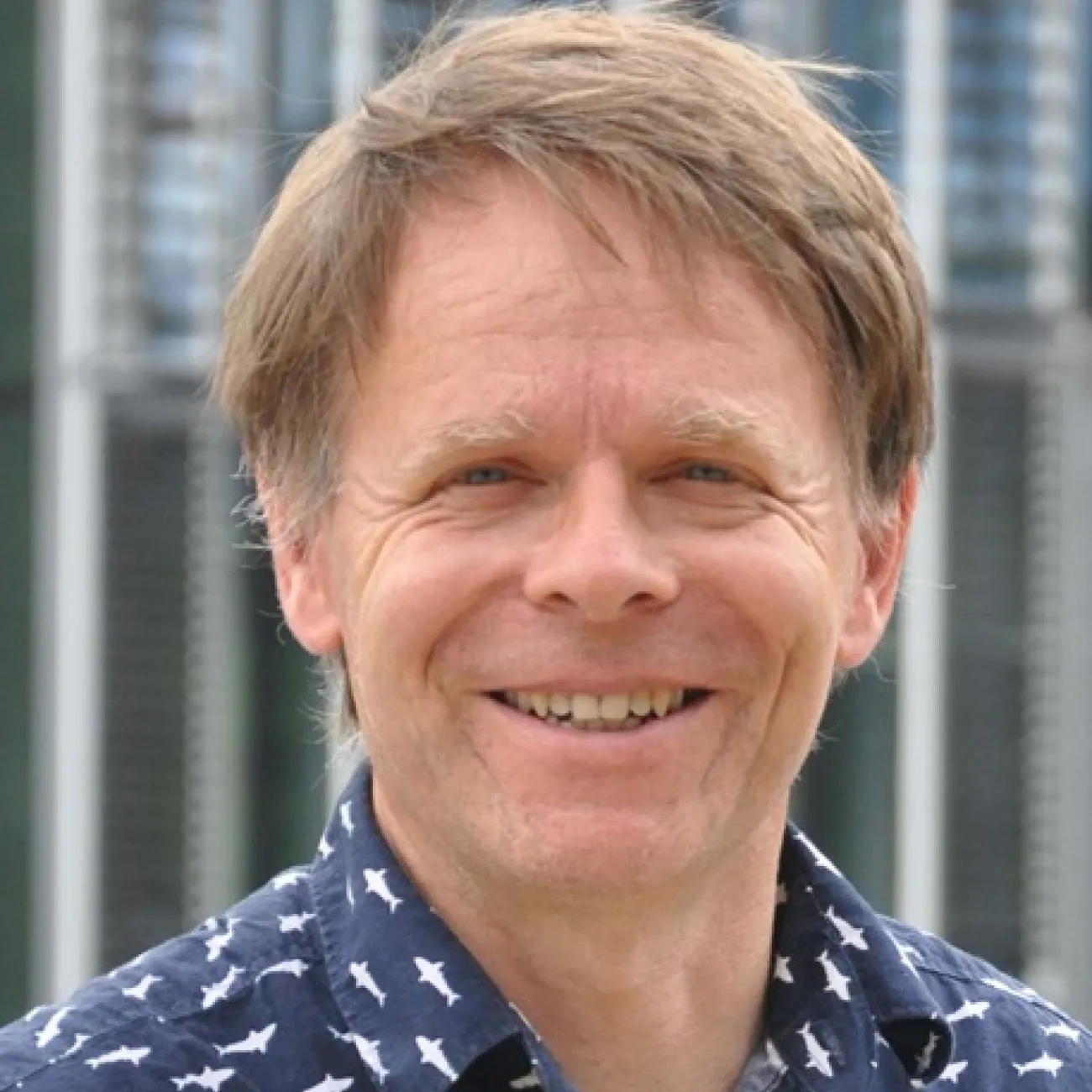About
Stephen is Head of Civil, Maritime and Environmental Engineering, a 50-strong academic department, a previous head of the Maritime Engineering Group (FSI), set up the Performance Sports Engineering Laboratory (awarded Queen’s Anniversary prize for higher and further education, 2012) and founded the Maritime Robotics Laboratory in 2008.
Stephen is Academic Lead at Boldrewood Towing Tank (2012-present).
At present he is leading the fit-out on behalf of the Faculty for the £25M Fluids Research Complex including a 138 x 6 x 3.5 m tow/wave tank with a maximum carriage speed of 12m/s and 0.9m wave height from 12 HR Wallingford wavemakers.
He is co-author of two books:
- Marine Rudders and Control Surfaces, Butterworth- Heinemann (2007, 2nd Ed due late 2021) and
- Ship Resistance and Propulsion, CUP (2011, 2nd Ed 2017)
Research
Research groups
Research interests
- decarbonisation of shipping
- maritime robotics and ship autonomous systems
- performance sport and sailing
- hydrodynamics including hull-propeller-rudder interaction, manoeuvring in waves, propeller noise and energy harvesting
Current research
His fluid dynamics expertise lies in the synthesis of analytical, experimental and computational methods for a diverse range of applications. Examples of such work are in the development of a patented integrated tidal energy generator (winner of The Engineers’ Energy Sector Innovation award 2008), supervision of the students who designed Amy Williams’ Gold medal winning bob skeleton sled (winner of The Engineer’s Sport Technology Innovation award in 2010) and with continued support for Gold medal success in 2014 and 2018, academic supervisor for the Delphin Autonomous underwater vehicle (winner of the SAUC-E competition in 2007).
He has acted as a consultant to diverse organisations including NOC, Speedo, Shell Shipping, BAEsystems, Rolls Royce, dstl, QinetiQ, and WS Atkins.
Expertise:
- Future Fuels for Shipping
- Maritime Robotics and Autonomy
- Rudder, hydrofoil, and control surface design
- Unsteady race simulation for kayak, rowing and sailing
- Hull-propeller-rudder interaction
- Ship added resistance and manoeuvring in waves
- Underwater noise prediction using CFD
- Experimental techniques for use of wave/tow tank testing
- Tidal turbines, wave energy and offshore wind turbine design
- Wind turbine array power prediction
- Hydrogen fuel cells for hybrid ship propulsion
- Hydrodynamics of swimming assessment by pool based test techniques and using CFD.
PhD Supervision:
I lead a team of researchers and PhD students with funding of from a wide range of sources including EPSRC, dstl, EU, UK Sport, and industry.
Details of the PhD programme in the Department
My 50+ PhD graduates work throughout the maritime sector and beyond, including CFD simulation code developers, performance sport, sailing including AC teams, energy efficiency start-ups, offshore, renewable energy, research organisations, academia worldwide,
Please contact me directly if you have an interest in what PhD opportunities are currently available
Research Projects
Integrated Mission Management System 2019 (Thales)
Prosperity Partnership with BAESystems
Predicting power output of wind farms using SAR images
Bridges – design of a new deep sea underwtaer glider for ocean exploration – hull designed using cfd and wind tunnel testing
Fluid-structure interactions for yacht sails
Optimized athlete body sensor networks for simulation-based performance analysis
We have developed a system of wearable sensors that gather information about the movement of athletes so that we can then simulate what their muscles are doing, their aerodynamic drag, etc. This will allow us to optimize the athlete's technique in much the same way as an aircraft's shape is optimized.
Cavitation erosion-corrosion of ship propeller materials
Cavitation erosion-corrosion phenomenon is inevitable in marine propulsion system and has adverse effects on the life and functioning of the propellers. The intensity of the cavitation wear and the exact location of its occurrence have been found to be difficult to predict.The main aim of this PhD project is to identify cavitation wear-corrosion mechanism of marine materials used in propellers and rudders in order to characterize the materials based on their behaviour to cavitation erosion simulated by a vibratory probe device. Several tests will be conducted, with and without cavitation protection, using both direct and indirect methods of cavitation erosion tests along with incorporation of Computational Fluid Dynamics (CFD) modelling of the experiment.This research is sponsored by the university research groups National Centre of Advanced Tribology at Southampton (nCATS) and Fluid-Structure Interaction (FSI), along with Lloyd’s Register.
Development of a Hover Capable Autonomous Underwater Vehicle
Delphin2 is a hover capable torpedo style AUV, developed at the University of Southampton to provide a test bed for research in marine robotics
Assessment of the effectiveness of fuel cell as an alternative technology for marine propulsion systems
Research projects
Completed projects
Publications
Pagination
- 1
- 2
- 3
- 4
- 5
- …
-
Next page
Next
Teaching
External roles and responsibilities
Biography
Head of Department, Civil, Maritime and Environmental engineering (2018-2021)
He is on the editorial board of two journals, deputy editor of Journal of Marine Science and Technology and regularly reviews papers for many Journals as well as a member of research panels in Norway, Netherlands and Germany
He served on the technical committees of International Towing Tank Conference (NGO member of IMO) from 2002-2014 including as Chair of the Resistance Committee of the 27th ITTC (2011-2014). He is the ITTC representative for the University of Southampton.
He is a founding member of the Society of Maritime Industries Maritime Autonomous Systems Working Group and organised a Transport Catapult workshop on large ship autonomy (2017)
He is an invited member of the IEA Hydrogen Implementing Agreement Task 39 Hydrogen in Maritime.
Professor (2010-present)
Lecturer (1994) /Senior Lecturer (2002)/ Reader (2008)
Research Assistant/Fellow, Dept of Ship Science, 1988-1994
Research Assistant, MIT Dept of Aero/Astro, 1986-1988
Student Apprentice, GEC Energy Systems, Whetstone, Leics
Qualifications
PhD, University of Southampton, Ship Science,1993
MA, University of Cambridge, Pembroke College, 1990
SM, Massachusetts Institute of Technology, 1988
Prizes
- JEME Annual Best Paper Prize (2010)
- Lead Academic for Queen's Anniversary Award (2012)
- JEME Annual Best Paper Prize (2010)
- Lead Academic for Queen's Anniversary Award (2012)
